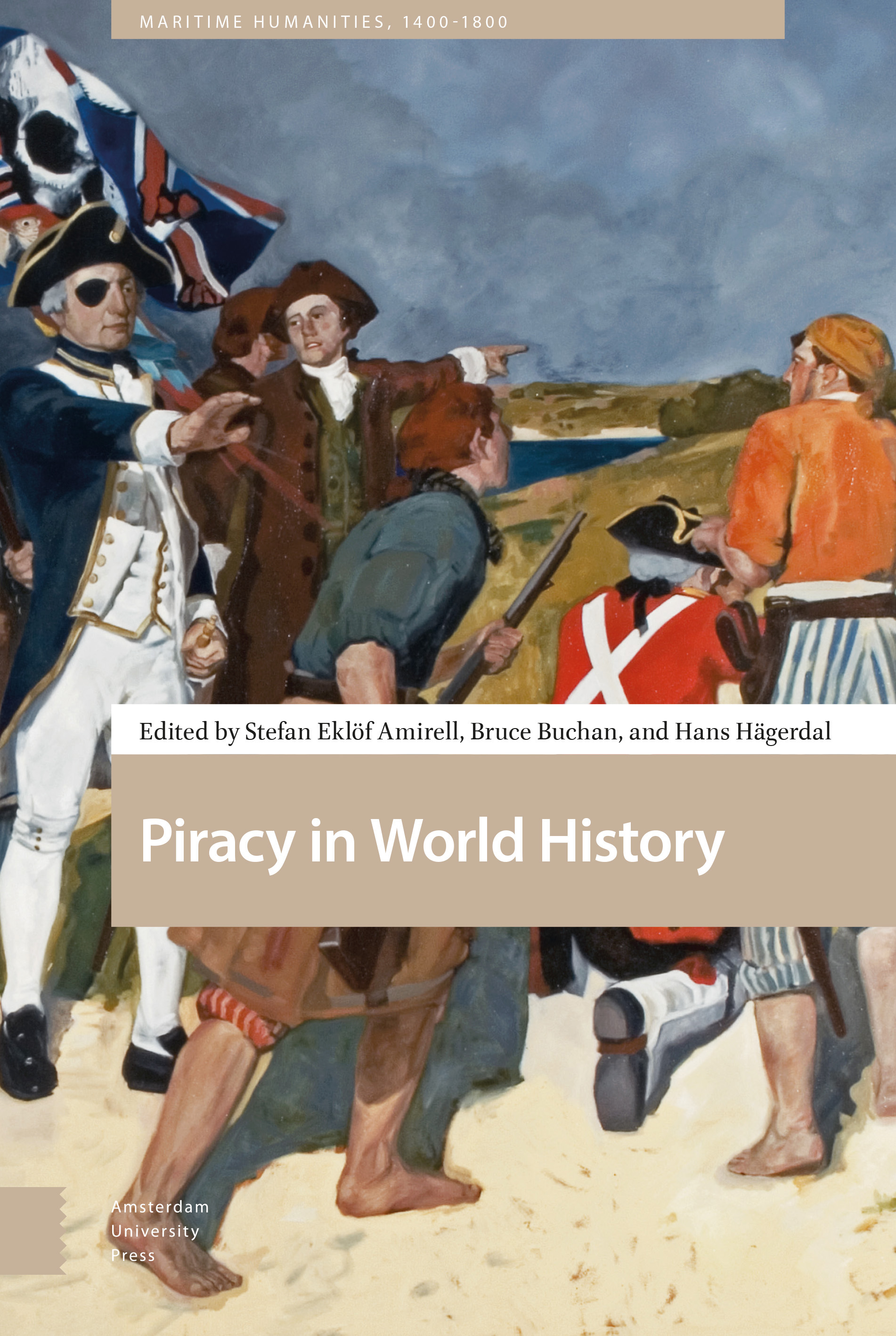Book contents
- Frontmatter
- Contents
- Acknowledgements
- 1 Introduction: Piracy in World History
- 2 “Publique Enemies to Mankind”: International Pirates as a Product of International Politics
- 3 All at Sea: Locke’s Tyrants and the Pyrates of Political Thought
- 4 The Colonial Origins of Theorizing Piracy’s Relation to Failed States
- 5 The Bugis-Makassar Seafarers: Pirates or Entrepreneurs?
- 6 Piracy in India’s Western Littoral: Reality and Representation
- 7 Holy Warriors, Rebels, and Thieves: Defining Maritime Violence in the Ottoman Mediterranean
- 8 Piracy, Empire, and Sovereignty in Late Imperial China
- 9 Persistent Piracy in Philippine Waters: Metropolitan Discourses about Chinese, Dutch, Japanese, and Moro Coastal Threats, 1570–1800
- 10 Sweden, Barbary Corsairs, and the Hostis Humani Generis: Justifying Piracy in European Political Thought
- 11 “Pirates of the Sea and the Land”: Concurrent Vietnamese and French Concepts of Piracy during the Second Half of the Nineteenth Century
- 12 Pirate Passages in Global History: Afterword
- Index
5 - The Bugis-Makassar Seafarers: Pirates or Entrepreneurs?
Published online by Cambridge University Press: 16 December 2021
- Frontmatter
- Contents
- Acknowledgements
- 1 Introduction: Piracy in World History
- 2 “Publique Enemies to Mankind”: International Pirates as a Product of International Politics
- 3 All at Sea: Locke’s Tyrants and the Pyrates of Political Thought
- 4 The Colonial Origins of Theorizing Piracy’s Relation to Failed States
- 5 The Bugis-Makassar Seafarers: Pirates or Entrepreneurs?
- 6 Piracy in India’s Western Littoral: Reality and Representation
- 7 Holy Warriors, Rebels, and Thieves: Defining Maritime Violence in the Ottoman Mediterranean
- 8 Piracy, Empire, and Sovereignty in Late Imperial China
- 9 Persistent Piracy in Philippine Waters: Metropolitan Discourses about Chinese, Dutch, Japanese, and Moro Coastal Threats, 1570–1800
- 10 Sweden, Barbary Corsairs, and the Hostis Humani Generis: Justifying Piracy in European Political Thought
- 11 “Pirates of the Sea and the Land”: Concurrent Vietnamese and French Concepts of Piracy during the Second Half of the Nineteenth Century
- 12 Pirate Passages in Global History: Afterword
- Index
Summary
Abstract
The essay focuses on Bugis and Makassar seafarers of South Sulawesi through two cases. The first is Lombok and Sumbawa in the late seventeenth and early eighteenth centuries, where landless Makassarese aristocrats fought or allied with various groups to create a political platform. The second case is the seascape around Timor, further to the east, where a socially different type of maritime enterprise evolved, entailing both commercial activities and raiding of vulnerable small-scale island societies. While Dutch writers termed all these seafarers “pirates,” this fails to capture the range of their socio-political roles. Moreover, the study demonstrates how the Dutch East India Company contributed to the rise of piratical activity through colonial advances on Sulawesi in the 1660s.
Keywords: Bugis, Makassar, Eastern Indonesia, representations, VOC
Introduction
The image of piracy has largely been shaped by a few early European descriptions, such as Exquemelin's History of the Buccaneers of America (1678) and Johnson's A General History of the Pyrates (1724), which oscillated between the romantic and the abhorrent. These pirates are placed outside of the norms of society, entering an internalized system of modes of behaviour, however violent and turbulent. While less publicized, seaborne raiding in Southeast Asia has also been emblematic in the form of “Malay pirates,” for example via Salgari's novels about Sandokan. Such literary references, and the fact that the Malays were primarily confronted by British ships and therefore found their way into works in English, tends to overshadow other groups active in maritime violence. In fact, acts of seaborne robbery have been known in maritime Southeast Asia since the Middle Ages, and remain an intermittent problem for commercial shipping to this day.
What we conventionally term piracy covers a broad spectrum of activities, from acts condoned or encouraged by states, to robberies outside any legal framework or state interest. Yet, such a broad definition does not help us to understand the complexity of Bugis-Makassarese non-state raiding (“piracy”) in the seventeenth and eighteenth centuries. Often, the “criminal” nature of the pursuit is contingent on the perspective; raiders tied to a minor archipelagic ruler in the precolonial era may have claimed political and religious legitimacy, while being regarded as sheer piracy by European authorities.
- Type
- Chapter
- Information
- Piracy in World History , pp. 109 - 128Publisher: Amsterdam University PressPrint publication year: 2021

